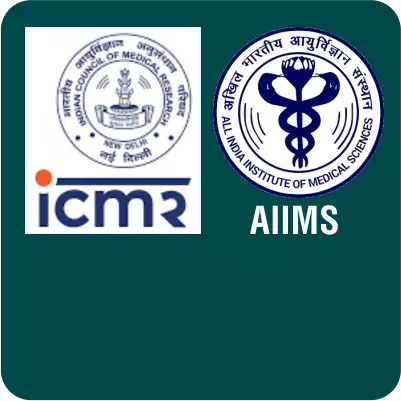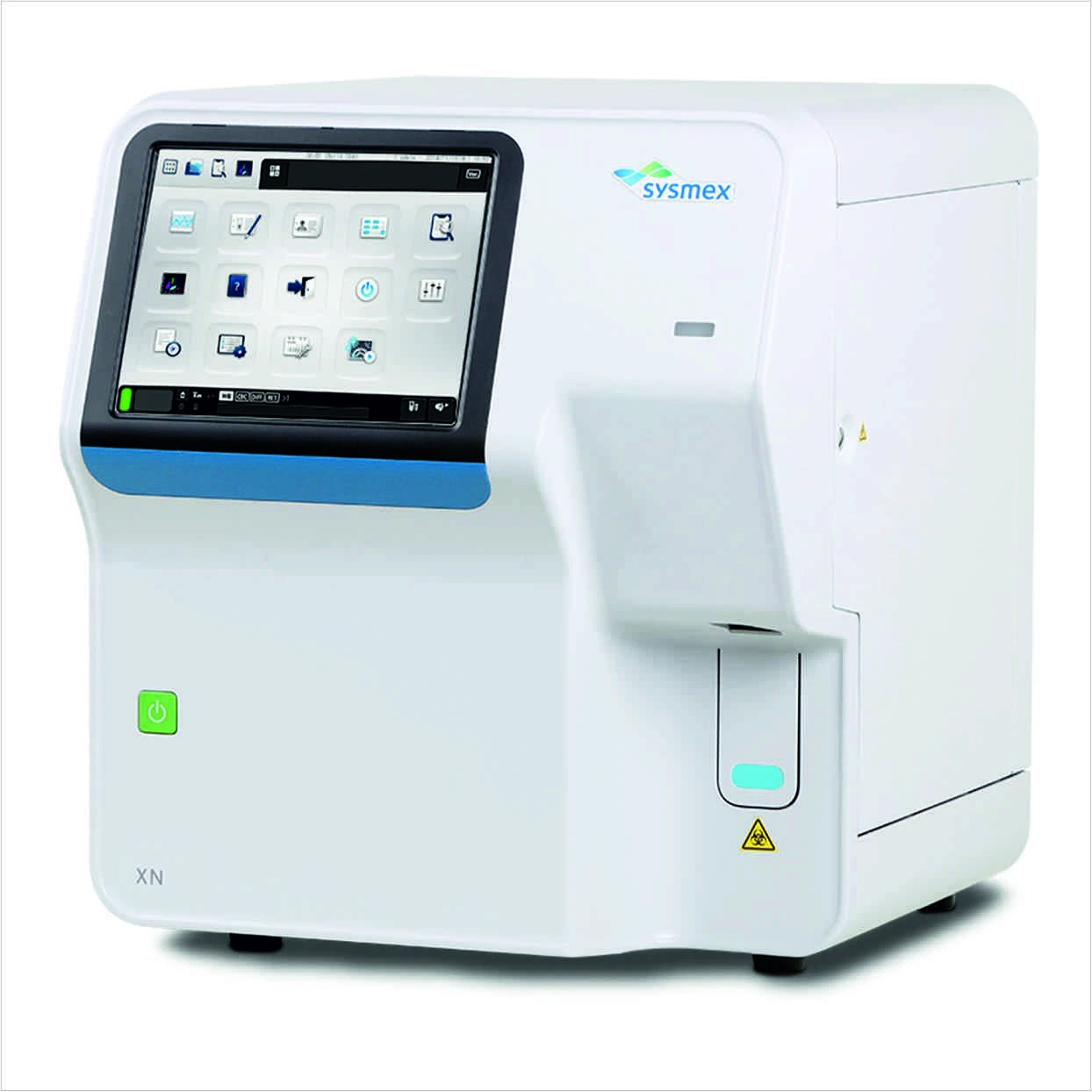
Urine routine tests, also known as urine microscopic examination test, is commonly ordered to check the physical, chemical, and microscopic aspects of urine. They can detect conditions such as kidney disease, diabetes, urinary tract infections, and liver disease and provide important insight into overall health. These tests are also used for monitoring existing conditions, drug analysis, pre-surgical evaluations, and during pregnancy checkups. A healthcare professional analyzes the urine’s color, appearance, microscopic findings, and chemical composition, making it a simple and non-invasive procedure for assessing a person’s health.
|
|
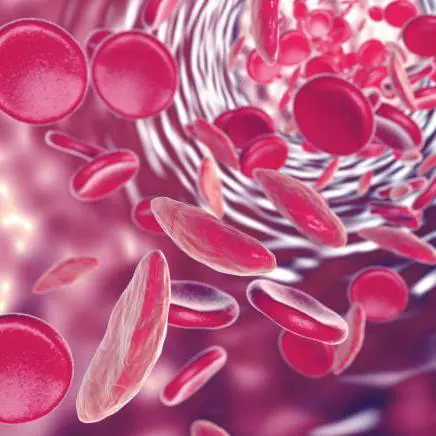
A urine routine test is used to detect different conditions, like kidney diseases such as kidney stones, urinary tract infections, liver diseases, and diabetes. It helps diagnosis of symptoms like stomach pain, painful urination, or blood in the urine. Additionally, it is used for monitoring kidney disease progression and identifying urinary tract infections.
|
|

Urine Test provides valuable information such as the clarity of the urine (clear, turbid, cloudy), and the presence or absence of substances like glucose or nitrate. Additionally, the presence of red blood cells or bacteria is categorized as few, moderate, or many.
The normal values in a urine routine test are as follows:
- Colour: yellow, ranging from light to deep amber
- Clarity (turbidity): clear or cloudy.
- pH: 4.5-8.
- Specific gravity: 1.005-1.025.
- Glucose: at or below 130 mg/dL.
- Ketones, bacteria, yeast: none.
- Nitrates, bilirubin, leukocyte esterase: negative.
- Urobilirubin: 0.5-1 mg/dL.
- Blood: at or below three red blood cells (RBC).
- Protein: at or below 150 mg/dL.
- RBCs: at or below 2 RBCs/HPF.
- WBCs: 2-5 WBCs/HPF.
- Squamous epithelial cells: 15-20 cells/HPF.
- Casts: 0-5 hyaline casts/LPF.
- Crystals: occasionally.
|
|
What is Urine Test Done For?
A urine routine test is necessary if the patient has symptoms of a urinary tract infection, such as pain while urination, blood in urine, or abdominal pain. It is also used to screen and monitor various conditions including kidney disease, liver disease, diabetes, and urinary tract infections. In certain cases, a urinalysis may be conducted for drug analyses or during pregnancy, although it differs from a standard urine routine test. Additionally, it may be performed during hospital admissions.
What Infections Can Be Detected in Urine?
The urine routine test can detect various infections in urine, including urinary tract infections (UTIs) caused by bacteria such as Escherichia coli (E. coli), as well as other types of bacterial, fungal, or viral infections in the urinary system. The test can also identify other abnormalities like kidney or bladder inflammation. Proper medical evaluation and further testing may be required to confirm the specific infection and guide appropriate treatment.
Can routine urine tests detect STDs?
Routine urine tests do not usually detect sexually transmitted diseases (STDs). However, specific urine tests, such as nucleic acid amplification tests (NAATs), can detect certain STDs like chlamydia and gonorrhea. Consult a healthcare professional for appropriate STD testing and guidance if you suspect an infection.
When Should the Urine Routine Test be Done ?
Doctor generally advises urine routine examination if there is a suspicion of urine infection or UTI infection as normally called. Urine infection is more common in females than males however males can also get urinary tract infection. Patients who have been admitted in ICU or have had long hospital stay with urine catheter can also get urine infection. In these cases urine routine examination is advised by the doctor. In case there is a urine infection then a Urine Culture and Sensitivity test is advised to find the tyoe of microorganism and also to find out which all antibiotics are sensitive to this type of infection.




| Most Important Test in any Disease | |
| 22 Parameters Covered | |
| No Preparation Required | |
| Done on 6 Part Hemoanalyzer - First in Seemanchal | |
| Read More |
|
|
| Most Important Test in Women | |
| 3 Parameters – T3, T4,TSH | |
| No Preparation Required | |
| Done on Fully Automatic Thyroid Analyzer Centaur CP from USA | |
| Read More |
|
|
| Most Important Test for Diabetics | |
| Gives average sugar over 3 months | |
| No Preparation Required | |
| Done on Glycohemoglobin Analyzer, Bio Rad from USA |
|
| Read More |
|
|
| Most Popular Health Checkup for Sugar and High BP patients |
|
| 75 Parameters Covered | |
| 12 Hours Fasting Required | |
| Total Cost Rs. 8210 Discount Rs. 4210 | |
| Read More |
|
|
| Full Body Checkup in Men aged less than 50 Years |
|
| 125 Parameters Covered | |
| 12 Hours Fasting Required | |
| Total Cost Rs 10710 Discount Rs 5510 | |
| Read More |
|
|
| Full Body Checkup in Women aged less than 50 Years |
|
| 130 Parameters Covered | |
| 12 Hours Fasting Required | |
| Total Cost Rs 12710 Discount Rs 6510 | |
| Read More |
|
|

Know Your Blood Count
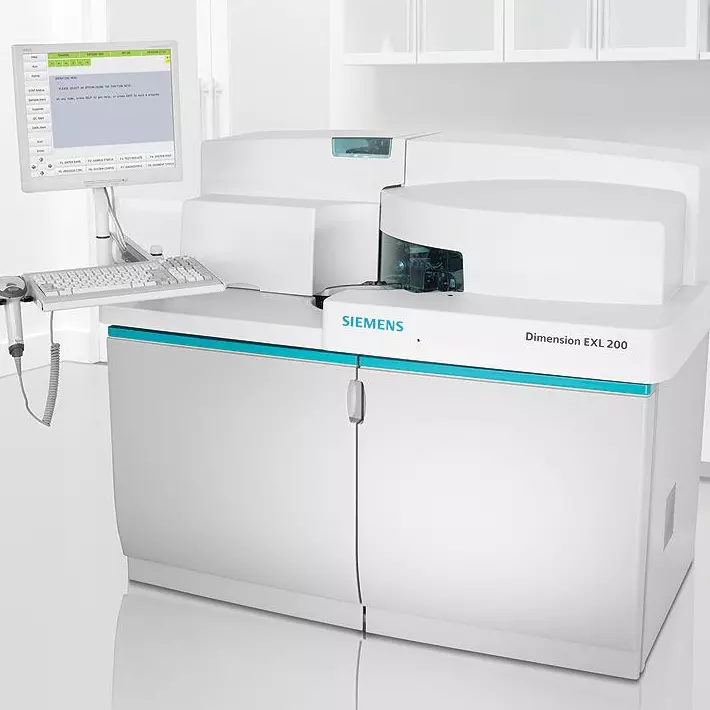
Checking Organ Health
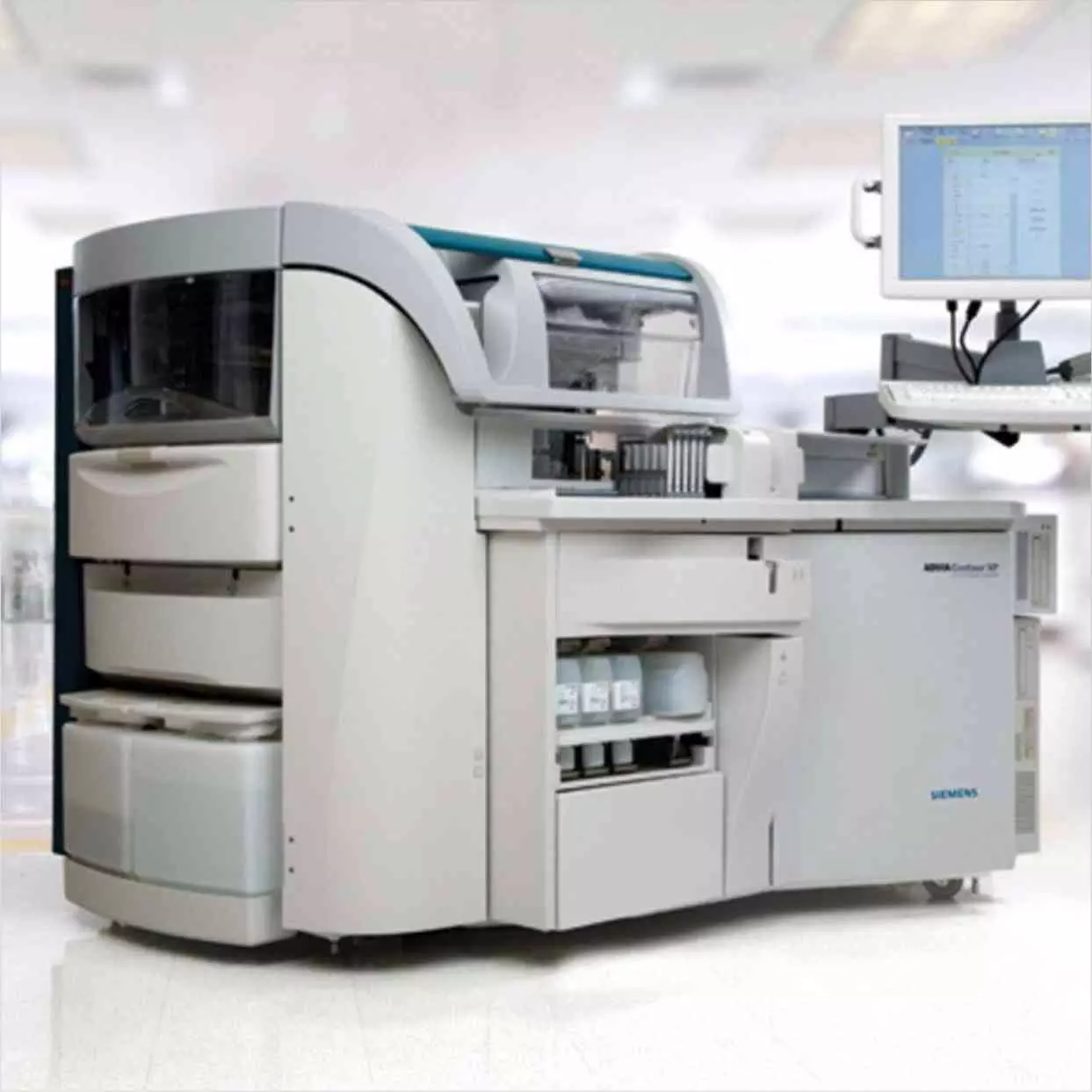
Hormonal Balance
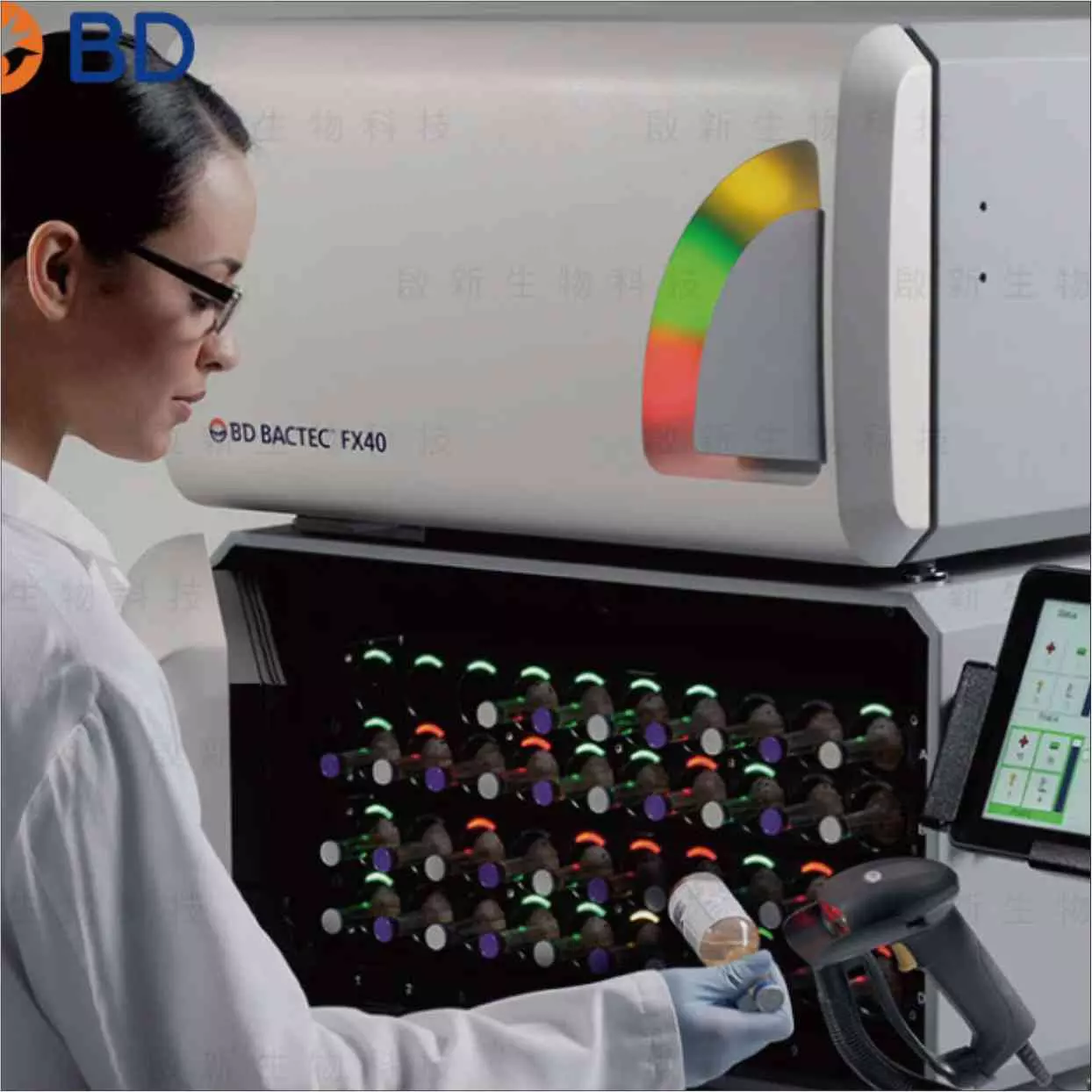
Infections in the Body



